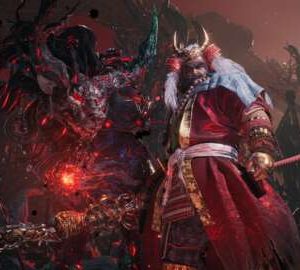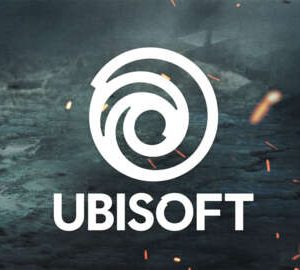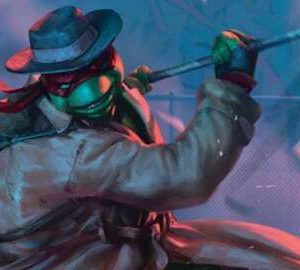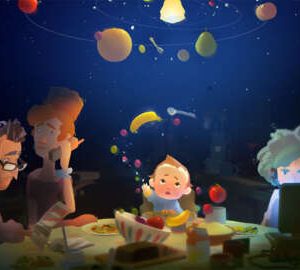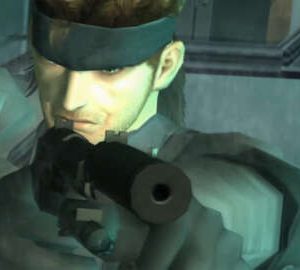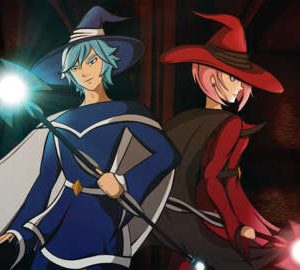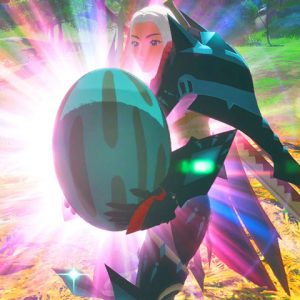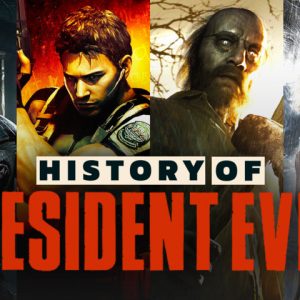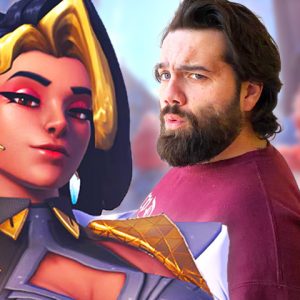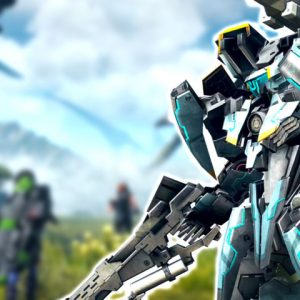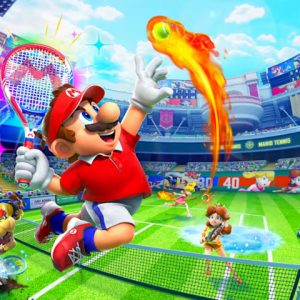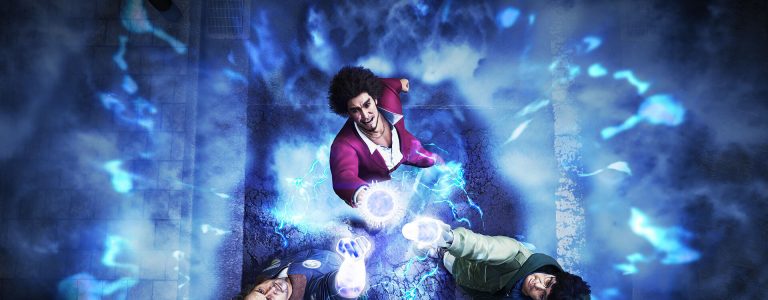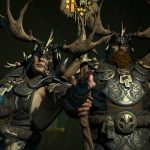
True Fiction is a show about the real-life inspirations behind the pop culture we love. In the first episode, we explored the real murder that led to the creation of Twin Peaks. For episode two, we’re taking a look at the origins of Godzilla, arguably the most iconic movie monster of all time.
Godzilla was born in a world where the threat of nuclear warfare was very real and present. What the monster represents is both a representation of those fears and the inner-most beliefs of the movie’s director, Ishiro Honda. You can check out True Fiction episode two below and on the GameSpot Universe YouTube channel, where new episodes will be released every Sunday.
Along with the episode, we’ve also got some insight from Kurt Indovina, who writes and presents True Fiction, about his personal connection with Godzilla as a franchise and the process of making this episode.
Kurt: Some people were obsessed with superheroes growing up–I, on the other hand, was obsessed with Godzilla.
In my eyes, Godzilla was always the hero of his own films. He’d trudge from the depths of the ocean to stand in the way of the world’s demise at the hands of monstrous foes like Ghidorah, Gigan, or Megalon. He’d belt his iconic screeching roar, and launch into a fight that would result in an entire Japanese city being decimated. But still, triumphant music would swell as he’d victoriously march back into the sea, and then the credits would roll.
Godzilla was undoubtedly portrayed as the hero in the majority of the 32 films he starred in. So much so, that it’s sometimes easy to forget about the grim and satirical origins he was founded on.
I am, of course, referring to the 1945 nuclear bombings of Hiroshima and Nagasaki–the very events that Godzilla’s creation was inspired by. But beyond those tragic affairs, another origin not as well known is that of the first film’s director, Ishiro Honda.
While researching this episode, I read through Ishiro Honda’s biography ‘A Life in Film, from Godzilla to Kurosawa‘ by Steve Ryfle and Ed Godziszewski, and learned about Ishiro’s deep anti-war sentiment, his draft into WWII, and the uphill struggle he faced to put his life back together again.
Despite experiencing the horrors of war first hand, including the aftermath of the Hiroshima and Nagaski bombings, he emerged determined to continue his life, to tell stories, and be a good person. After all, at the end of all his scripts, he’d write a Chinese proverb that read:
Read good books
Say kind words
Do good deeds
Be a good person
Making this episode helped me see Godzilla as something more than just a big monster punching other big monsters, but as a symbol of our history. A symbol spawned from tragedy, that somehow managed to transcend into something of a positive force that, in a way, connected Japanese and American cultures. And now when I see Godzilla, I’m reminded of a new hero of mine: Ishiro Honda.





